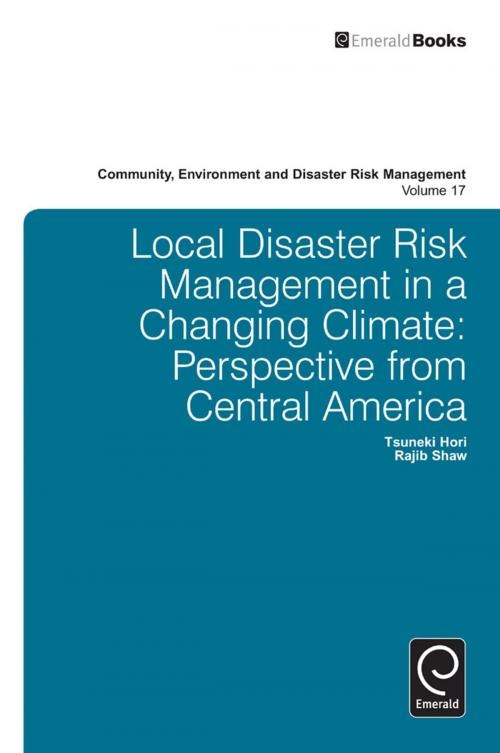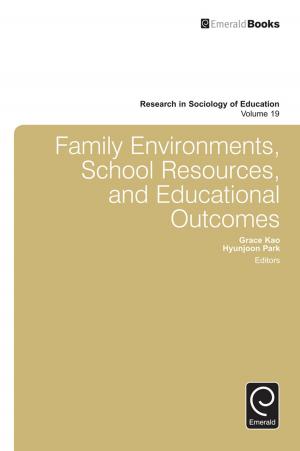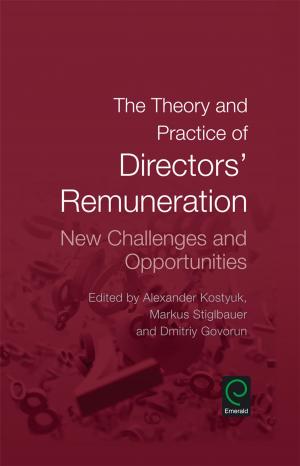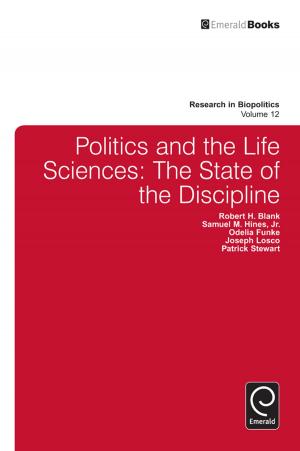Local Disaster Risk Management in a Changing Climate
Perspective from Central America
Nonfiction, Science & Nature, Science, Biological Sciences, Environmental Science, Nature, Social & Cultural Studies, Social Science| Author: | ISBN: | 9781783509362 | |
| Publisher: | Emerald Group Publishing Limited | Publication: | September 18, 2014 |
| Imprint: | Emerald Group Publishing Limited | Language: | English |
| Author: | |
| ISBN: | 9781783509362 |
| Publisher: | Emerald Group Publishing Limited |
| Publication: | September 18, 2014 |
| Imprint: | Emerald Group Publishing Limited |
| Language: | English |
"Disasters cause economic as well as human losses. Indeed, economic losses associated directly with disasters have continued at increasing proportions worldwide since the 1970s, as the 2011 Global Assessment Report on Disaster Risk Reduction conducted by the United Nations International Strategy for Disaster Reduction (UNISDR) illustrates. Disaster losses due to single geological events sometimes appear much greater in magnitude than those attributed to climate-related disasters. Nonetheless, the overall trend for increasing loss can largely be attributed to the increase in climate-related disasters, which in turn is triggered in part by global climate change. Furthermore, as such disasters increase in frequency, it intensifies vulnerability in the poorest regions of developing countries. In this book, the authors discuss effective approaches to enhancing the local disaster risk management (DRM) capacity of developing countries to combat increasing climate-related disaster impacts. Also provided are ideas and lessons on local disaster risk management, in terms of planning and practice in developing countries, with particular focus on a case study in Costa Rica."
"Disasters cause economic as well as human losses. Indeed, economic losses associated directly with disasters have continued at increasing proportions worldwide since the 1970s, as the 2011 Global Assessment Report on Disaster Risk Reduction conducted by the United Nations International Strategy for Disaster Reduction (UNISDR) illustrates. Disaster losses due to single geological events sometimes appear much greater in magnitude than those attributed to climate-related disasters. Nonetheless, the overall trend for increasing loss can largely be attributed to the increase in climate-related disasters, which in turn is triggered in part by global climate change. Furthermore, as such disasters increase in frequency, it intensifies vulnerability in the poorest regions of developing countries. In this book, the authors discuss effective approaches to enhancing the local disaster risk management (DRM) capacity of developing countries to combat increasing climate-related disaster impacts. Also provided are ideas and lessons on local disaster risk management, in terms of planning and practice in developing countries, with particular focus on a case study in Costa Rica."















